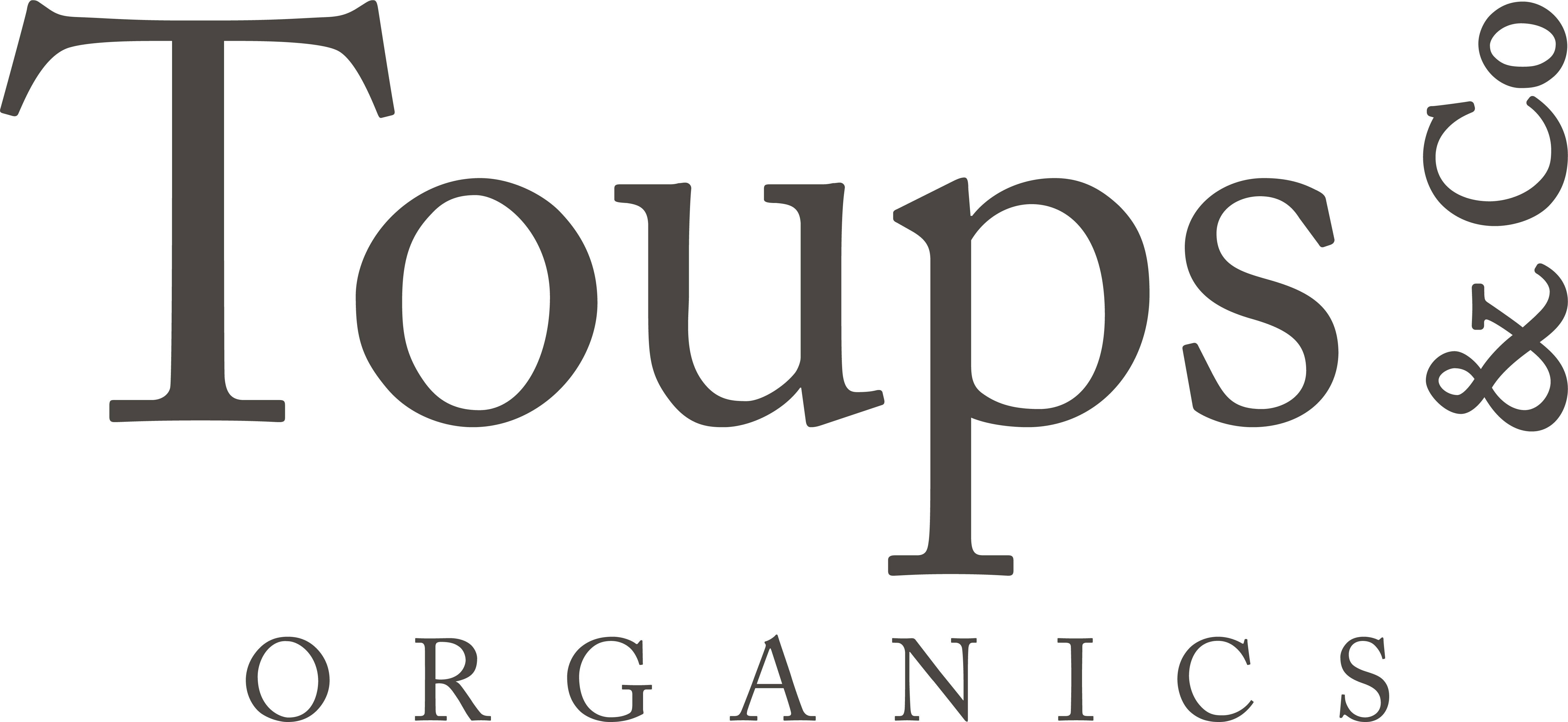Did you know? The menstrual cycle is considered the “fifth vital sign” by some researchers. A consistent period with minimal symptoms is an indicator of good health. But as fertility levels drop across the globe, it’s more important than ever to protect our hormone health.
From period pain to mood swings, our menstrual cycle isn’t just about getting pregnant. It’s an indicator of good metabolic and hormone health. When women are fertile, they are also full of energy, well-synced with their circadian rhythm, and clear-headed.
Unfortunately, fertility levels are dropping across the globe, and as a result, women are feeling less balanced throughout their monthly cycle. There are a few root causes that may be tied to this, but we’re particularly interested in one: the influx of environmental chemicals. Fertility and hormone specialists are all telling us to ditch the toxic personal care products and reclaim what our ancestors used.
How Do Environmental Chemicals Mess with Your Hormones?
Think of your hormones like an orchestra. Estrogen, testosterone, follicle-stimulating hormone (FSH), progesterone, cortisol, and even insulin have a special part to play in your fertility health. If even one of these delicate hormones surges or drops, it sends your other hormones reeling.
Most often, our hormone health is influenced by outside factors. In ancient times, fertility issues may have been the result of famine, when the body couldn’t get enough nutrients to keep up with the hormonal demand. Today, it’s more likely environmental chemicals that are to blame. Synthetics like PFAS, microplastics, phthalates, and parabens can all mimic hormones in the body, especially estrogen. The more we’re exposed to these chemicals on a daily basis, the more they can impact our fertility.
What Chemicals Disrupt Hormones?
We don’t ever recommend putting toxic chemicals on your skin. But if you’re specifically worried about fertility, there’s a group of chemicals that are known hormone disruptors. Here are a few:
- Microplastics and nanoplastics with BPA or BCP
- Parabens
- Phthalates
- Forever chemicals (PFAS)
- Triclosans
- Some chemical sunscreen filters (oxybenzone)
- Heavy metals
How to Support Healthy Fertility with Nontoxic Swaps
-
Try nontoxic beauty products
Everyday beauty products like lotion, soap, makeup, and skincare are some of the biggest offenders for hormone disruption. Not only do they contain plastics, forever chemicals, phthalates, parabens, and synthetic fragrance within the formula, but these chemicals are directly applied to our largest organ (our skin).
That’s why we’re on a mission to produce nutrient-dense beauty products that actually improve your hormone health. Healthier options for your makeup products, serum, moisturizer, and bath soap can make a significant difference in your fertility health and how you feel on a daily basis.
-
Switch to clean laundry detergent and dish soap
Most conventional laundry detergent and dish soap brands contain microplastics within their formula. Not to mention, they also have PFAS, phthalates, and synthetic fragrance. These are all known hormone disruptors, and they come in close contact with your skin regularly. Laundry detergents stay in the clothes that you wear all day, and dish soap leaves soap residue on your utensils.
When switching to a nontoxic lifestyle, we often notice that these products get overlooked. But in our experience, they’re some of the biggest offenders for eczema and hormone disruption, and they’re two of the easiest products to swap.
-
Stop using air fresheners and candles
This is one of the easiest things you can do for your hormone health that makes a significant impact. Simply stop using air fresheners and scented candles. The paraffin wax and synthetic fragrance found in these products can disrupt your hormones. As a safer option, find locally made beeswax candles (these can actually clean your air) and herb-based or essential-oil-based air fresheners.
-
Filter your drinking water
Various studies have found estrogenic compounds, forever chemicals (PFAS), and other hormone disruptors in tap water across the United States. Additionally, recent studies have found plastic particles in almost every water source on earth. While this is alarming, it’s important to remember that water contamination alone probably isn’t going to wreck your hormone health — but it is a piece of the puzzle. A good way to protect yourself is to filter your drinking water and then add minerals back in.
-
Eat ancestral foods
When talking about fertility, it’s so important to pay attention to both toxins and nutrients. A woman who has zero toxin exposure still might not have balanced hormones if she’s undernourished. Vitamins, minerals, fatty acids, protein, fiber, and other nutrients keep our hormones running optimally. They are quite literally the building blocks that help us create estrogen, progesterone, and other essential hormones.
So how do we make sure we have these nutrients? Along with eating plenty of fresh fruits, veggies, and grains, it’s important to include ancestral foods in our diet. Ideally, this includes wild-caught seafood, grass-fed beef and liver, and minimally processed dairy products.
-
Replace plastic tupperware with glass
One simple swap that’s great for fertility and hormone support is to use glass. You’ll get less microplastic contamination in your food, and it’s better for the environment, too. We can’t fully avoid microplastics (a form of hormone disruptor), but we can limit how many of them we’re exposed to. Replacing plastic dishes with glass is a great way to do that. At Toups, we’re slowly making this swap, too, switching as much product packaging over to glass and paperboard as possible.
Build Your Own Fertility Bundle with Clean Beauty Products
The one thing standing between you and your ideal clean lifestyle? The ingredient label.
Even when you use resources like the EWG or Think Dirty apps, you still don’t entirely understand what’s actually in your makeup and skincare products. That’s why we exist. We make clean beauty products with recognizable ingredients. That way, you can feel confident that each product isn’t just good for your skin, but good for your hormones, too.
Ready to Reset?
Build Your Own Clean Beauty Bundle

